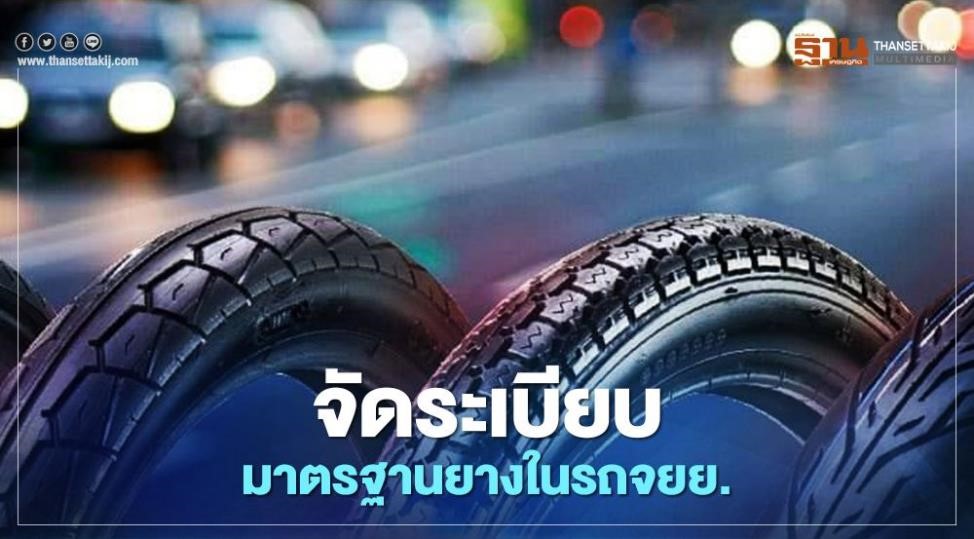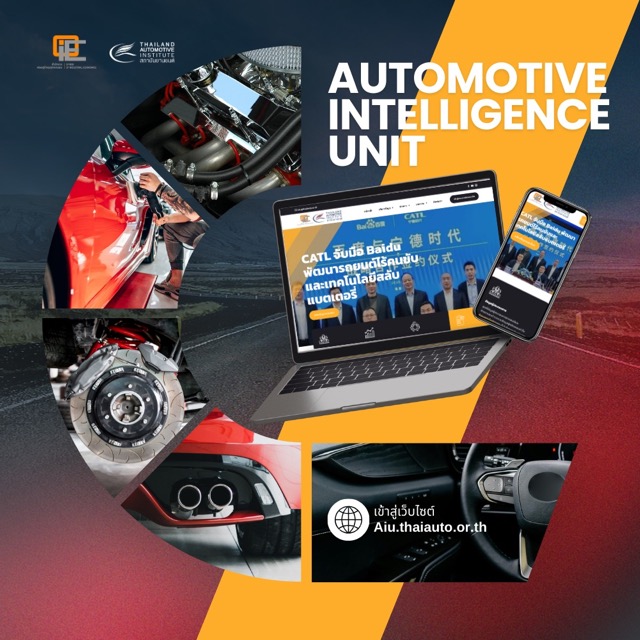- Silver
- สมาชิกระดับ Silver
- ฟรี
- สามารถเข้าถึงข้อมูลข่าวสารขั้นพื้นฐานได้
- ข้อมูลผู้ประกอบการต่างประเทศ
- ข้อมูลสถิติในประเทศและต่างประเทศ
- มาตรการทางการค้าระหว่างประเทศ
- กฎ ระเบียบ นโยบายในประเทศ
- เทคโนโลยี และงานวิจัย
- สมัครสมาชิก
รายงานการประเมินตลาดที่เผยแพร่โดยศูนย์วิจัยยานยนต์ (CAR) ของเยอรมัน ระบุว่าจีนกำลังจะกลายเป็นตลาดรถยนต์พลังงานไฟฟ้า (EV) ขนาดใหญ่ที่สุดของโลกอีกครั้งภายในสิ้นปี 2020
- รายละเอียด
- หมวด: ความเคลื่อนไหวในอุตสาหกรรม
- อ่าน: 1371 ครั้ง
นิสสัน มอเตอร์ ประเทศไทย ร่อนจดหมายถึงตัวแทนจำหน่ายทั่วประเทศ มีใจความสรุปได้ว่า จะยุติการทำตลาดรถ 3 รุ่น คือ
- รายละเอียด
- หมวด: ความเคลื่อนไหวในอุตสาหกรรม
- อ่าน: 1297 ครั้ง
ครม.เห็นชอบคุมเข้มมาตรฐานยางในรถจักรยานยนต์ เพื่อความปลอดภัยของผู้ขับขี่ พร้อมสกัดยางในไร้มาตรฐานจากต่างประเทศ
- รายละเอียด
- หมวด: ความเคลื่อนไหวในอุตสาหกรรม
- อ่าน: 1894 ครั้ง




